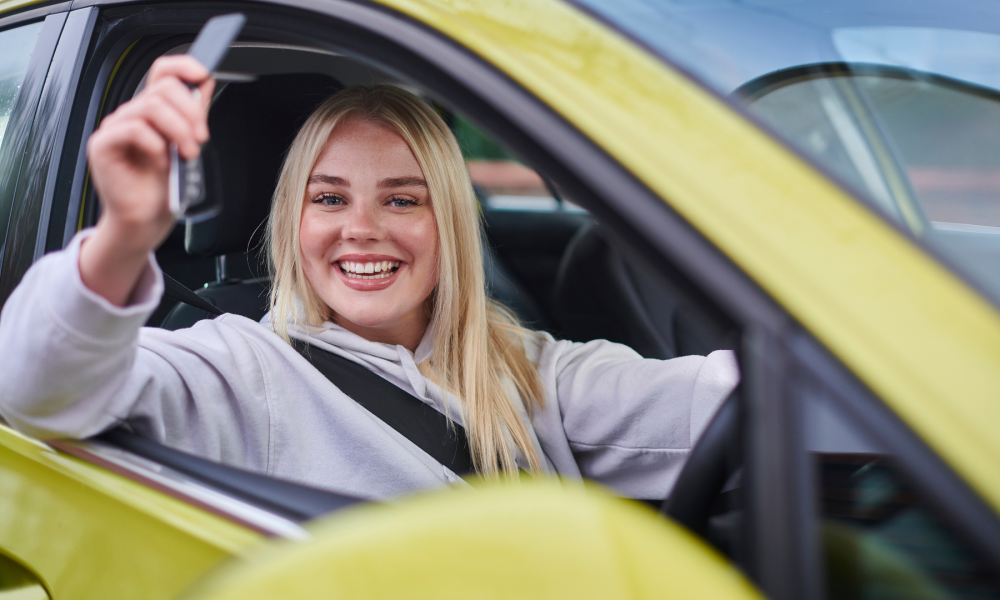If you have a teen driver, you already know you are paying more for their insurance than your own due to their inexperience and the greater likelihood that they will be involved in a traffic accident.
Their inexperience coupled with still-developing judgment and the distractions of smartphone life is a concoction for a higher risk of accidents. The part of the human brain that is responsible for judgment isn’t fully developed until sometime between the ages of 22 and 25, numerous scientific studies have shown.
What all this means is that you as a parent have the responsibility for supervising and monitoring your teen’s driving and regularly reinforcing good driving behaviors in them through regular talks, technology ― and modeling good behavior yourself while behind the wheel.
Technology
Some new cars have built-in technology that allows parents to monitor their children’s driving. The smart tech enables parents, and indeed any drivers, to monitor behavior such as speed and hard braking.
For example, various carmakers have equipped many of their newer models with built-in systems that include:
- A speed alert that enables you to program a maximum speed limit. Whenever your teen surpasses the speed value that has been set, they will receive a visual and audio alert.
- Monitoring instances of hard braking.
- Setting geographic parameters with a system that will send you an e-mail, text or phone message if your teen drives beyond the boundaries that you have set.
- Driver report cards that track important information such as the distance driven, anti-lock brake events, tailgating notifications, over-speed warnings, maximum speed reached, forward collision alerts, and more.
Additionally, there are apps that you can install on your teen’s phone that do similar types of tracking and monitoring, and that also keep them from using their phone while the car is moving. Some of them include panic buttons.
Some apps even let family members compete to be the safest driver, and regularly check your teen’s driving stats. Also, the latest iPhones have a “Do Not Disturb While Driving” setting, which all drivers would be wise to use. It blocks phone notifications when the car is moving.
Modeling good driving behavior
When you are driving with your teen, they watch what you do. So, if you are not wearing a seat belt or are checking messages on your phone, your son or daughter is more likely to do the same.
Always drive courteously and never assume the right of way. Always yield well ahead for pedestrians, make full stops at stop signs, obey speed limits and check for oncoming vehicles carefully when making turns.
To further help you model and instill this sense of good driving, consider signing a contract with your teen to help reinforce the importance of safety and make the process of committing to safe driving a team effort.
Also, have talks about distracted driving and the dangers of using their phone while driving. Let them know vehicle deaths have skyrocketed since the advent of smartphones, and that theirs should be left alone when they are behind the wheel.
Steps after an accident
You should talk to your teen driver about the steps they need to take if they are involved in a collision or have a roadside emergency or breakdown. They should:
- Always carry their driver’s license.
- Know where they can find the car registration and insurance card.
- Know where the spare tire is located, and how to change a flat tire.
- Keep an index card in the glovebox with all relevant information and steps they should take if they are involved in a crash.



